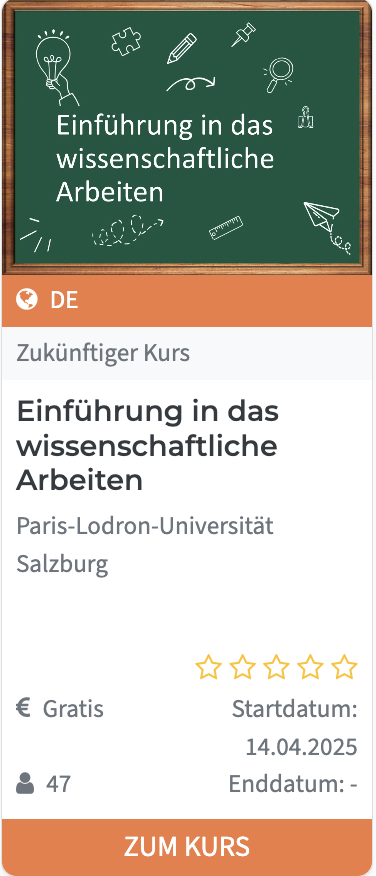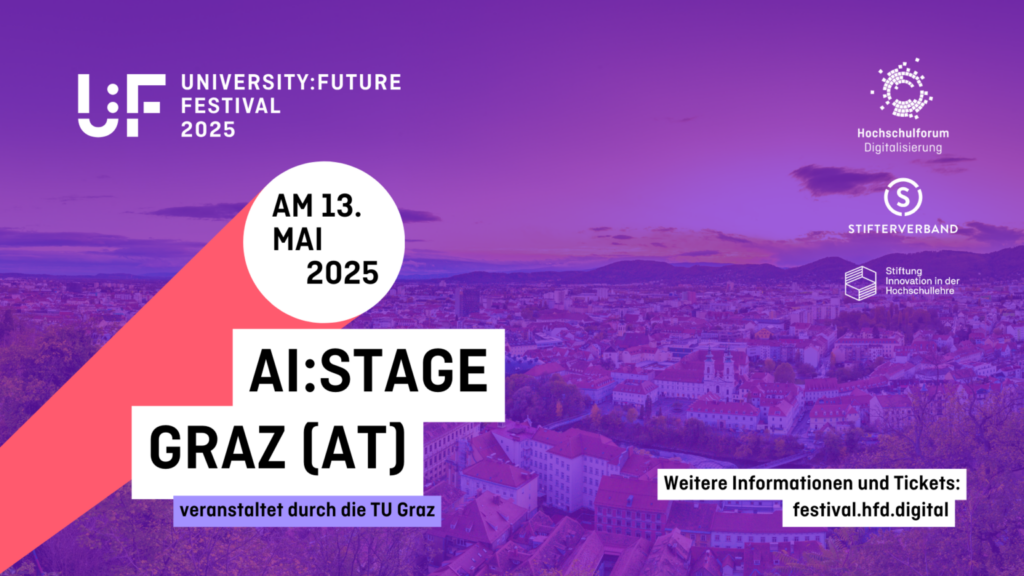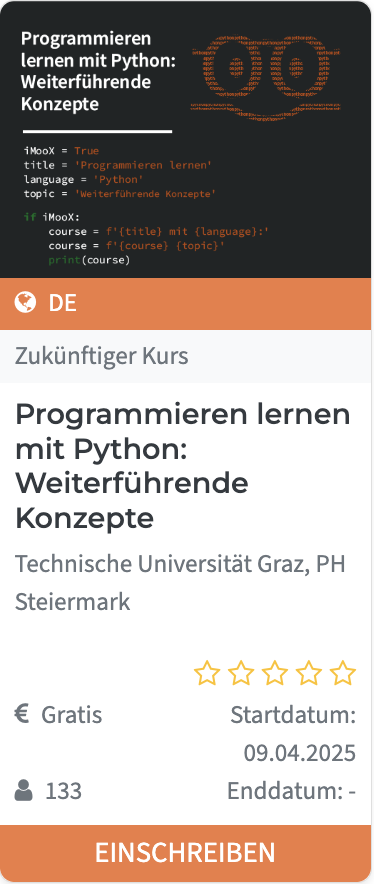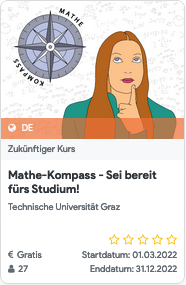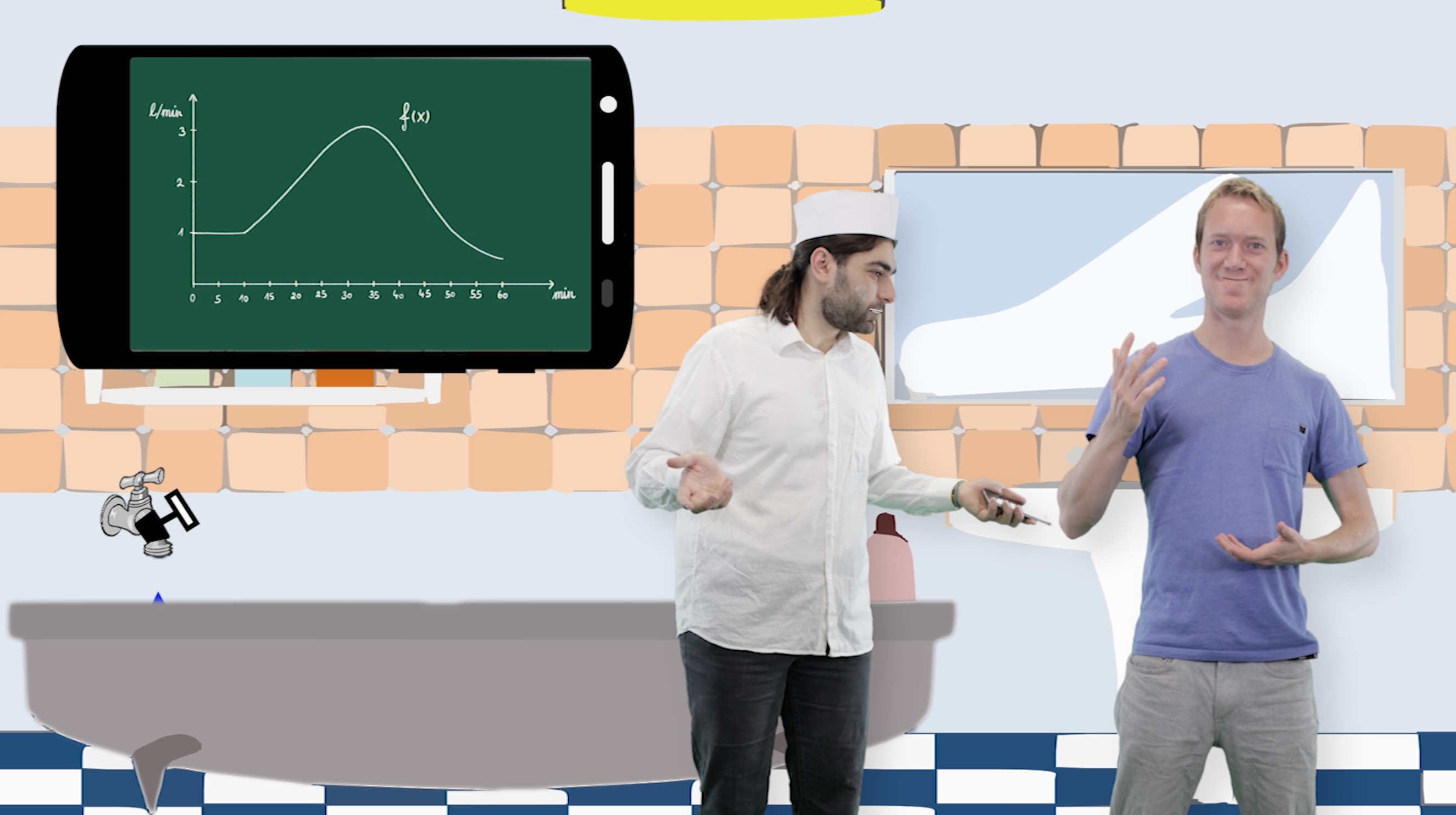Benedikt und ich haben eine kurze Zusammenfassung über die derzeit laufenden Forschungsarbeiten für das fnma magazin verfasst mit dem Titel „Selbstlernphasen mit KI Chatbots – kann das gelingen?„
Zusammenfassung:
Unsere Hochschule ist ein Ort der Vielfalt und Heterogenität. Bezüglich der Diversität beim Vorwissen unserer Studienanfänger:innen spielen Individualisierung und gezielte Förderung eine wichtige Rolle. In diesem Beitrag geben wir Einblick in die Implementierung eines generativen KI (genKI) Chatbots für Studienanfänger:innen im Fachbereich Informatik an der TU Graz.
[Artikel @ ResearchGate]
[fnma magazin 01/2025]
Referenz: Brünner, B., Ebner, M. (2025) Selbstlernphasen mit KI Chatbots – kann das gelingen? fnma magazin 01/2025. S. 11-13. https://www.fnma.at/content/download/3179/20735?version=3



